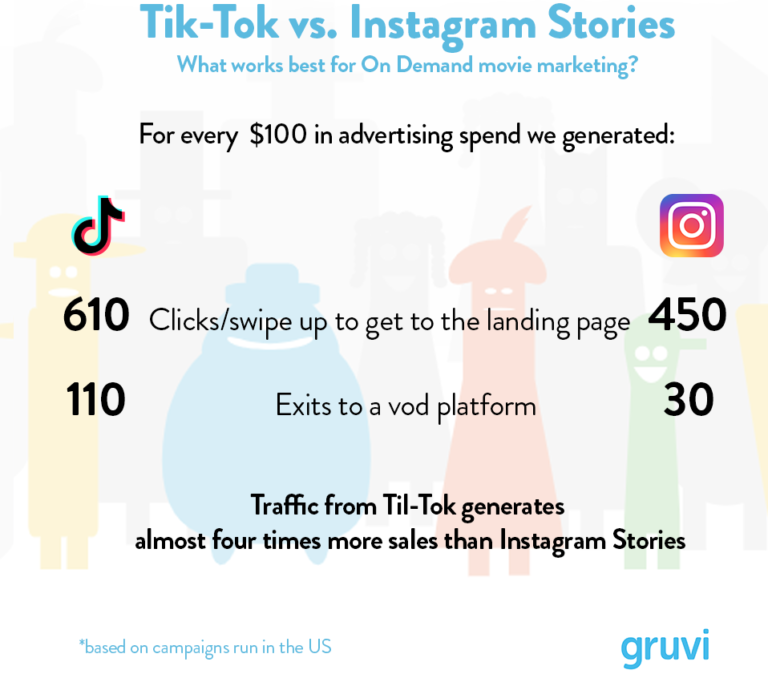Online Piracy — Why do people illegally torrent and download movies and what should be done about it

Last year I wrote a post on LinkedIn regarding piracy and rumours that Netflix would begin blocking VPN access. I mentioned the names Popcorntime and The Pirate Bay without citing links to these services and my profile was immediately shut down for 24 hours. When I contacted LinkedIn, the explanation they provided was less than adequate. So as soon as my account came back on line, I tested by republishing the article and found that mentioning either term got my profile taken down again. That’s a pretty knee jerk reaction right there!
People underestimate the tremendous power wielded in government and international policy by the movie industry’s lobbying arm, or the political and cultural clout the entertainment industry has.
The RIAA and MPAA represent significant portions of the American economy (…) Hollywood movies grossed over $11 billion in domestic ticket sales and the Bureau of Labor Statistics reported that the motion picture and video industry employed 361,900 people in 2008. (Behind the Scenes of SOPA and PIPA)
To site a few incidents that demonstrate this power, take a look at:
- The arrest of Kim Dotcom (founder of MegaUpload) in New Zealand and the debacle in warrants and international arrest procedures;
- The fact that no US media reported on Sony’s hacking scandal after December 31st 2014?—?despite the threats that more damaging information was going to be released by GOP hackers;
- The attempt to pass the one sided SOPA and PIPA laws;
“The Senate version of the controversial anti-piracy bill, the Protect Internet Piracy Act (PIPA), unanimously passed the Senate Judiciary Committee only two weeks after first being introduced. Senators, likely unfamiliar with the nature of the internet’s technical infrastructure and international copyright law, passed a bill they considered a reasonable protection of the American music production and filmmaking industries.” (Behind the Scenes of SOPA and PIPA)
- The nefarious and secretive attempts to revive the SOPA bill with Mississippi Attorney General Jim Hood.
Which brings us to the problems with Copyright and Windowing (the process where content is released to particular channels to maximise value creation) in the digital age.
Two summers ago I took part in a study for the EAC: A profile of current and future audiovisual consumers. The study surveyed people across Europe about their film viewing habits. While I was working on this report, it was extremely difficult to get qualified numbers on piracy rates. Investigating piracy rates revealed that data is often locked away behind confidentiality agreements and no one was willing to talk openly about the real numbers. So for me some of the most interesting findings of the EAC report were:
What is the rate of Piracy in Europe?
A key finding was that 55% of people interviewed downloaded or streamed films illegally. In some countries piracy was above this average?—?Lithuania (83%), Romania (77%), Poland (69%), and Spain (65%)?—?while others were below: Germany (24%), the UK (32%) and Denmark (32%).
Why do they pirate content?
Among the many reasons provided were:
- cost?—?50% of users admitted that the cost was too high for their budget (either VOD, cinema);
- risk?—?37% found the films they downloaded interesting but not worth the risk of forking out for a ticket or a legal download;
- ease of access?—?31% consider that ‘many films are available online and don’t see the point in paying’;
- lack of availability?—?30% say that ‘many films they want to see are not available in their country’;
- missed opportunities?—?27% that ‘many films they want to see are too slow to come to their country’.
What was also eye popping was the finding that: “the percentage of “pirates” (55%) rises in households who own a smart TV (61%), a home cinema system (66%), and a VOD subscription (69%).” So households that are technologically-equipped download the most. This seems to be a global phenomenon as similar numbers were seen in Austalia in another study.
Citing these facts it seems clear that the market is not woking properly. Our current distribution and exhibition systems are inefficient at dealing with today’s demands and the economic drivers and incentives are too powerful to be contolled with take-down orders and punitive measures. If the industry could reorganise and solve the problems of cost, convenience, and access, then levels of piracy should decrease. Taking a look at recent research from The Choice in Australia, Ipsos MMI in Norway, as well as the launch of Netflix in Canada, the rise of legal streaming services and better content access in these countries has indeed had a positive impact on reducing piracy.
The fact is the number of people regularly pirating in Australia has dropped by a quarter since Netflix launched. (…) This proves once again that making content affordable and easily available is the first and most effective tactic to reduce piracy?—?not a draconian internet filter and notice scheme (…) Our research found the number of people using legal subscription and pay-per-view services has jumped from 46% to 59% in the last six months. (Erin Turner, CHOICE’s Campaigns Manager)
A new global approach to content licensing is desperately needed for today’s connected world. Policy and practice need to catch up, the rumblings of which now seem to be underway in this recent EU communique (the full extract is below in the Appendix). In short, the effort is to challenge arcane practice of copyright and accessibility in the way movies and other forms of content release internationally by ‘increasing legal supply’. Whatever the outcome from this effort, it’s obvious that today’s punitive stance is about as effective as the war on drugs. The industry continuing to ‘play wack a mole’ with the pirate sites is only increasing innovation within the sector. As seen in the case of the take down of Kino.to in 2011, within months piracy traffic was back at its original levels and the number of illegal streaming services had increased significantly.
The best way to combat piracy isn’t legislatively or criminally but by giving good options. (Ted Sarandos, Netflix Content Chief Officer)
The entertainment industry’s current economic model is a monopoly operating in a protectionist paradigm with way too many lawyers and accountants at the helm, that has also bred its own self sustaining economics with local enforcement throughout Europe.
In early 2006 I worked for a start up that streamed trailers to various media outlets. As an organisation, we were forced to pay a significant monthly stipend to continue to support this network based on the music rights for the snippets of songs that appeared in the trailer that were still playing on Danish media 6 months after the film had released. The company that came to collect this stipend are called Koda and claimed that the money pooled for the artists, but actually it seemed more like a shake down.
The MPAA is an organization founded in part “to promote and defend the First Amendment and artists’ right to free expression’. It should be doing a better job of moving with the times instead of operating in a mono-theistic view towards piracy, which we believe is systemic to poor accessibility to good content. The massive rates of piracy denote a strong demand that will only continue to increase if accessibility is not improved.

(Source)
Studios are still haggling over release windows to keep exhibitors happy, because they, in turn, are directly linked to an outdated measure of success, the opening weekend. While traditional exhibitors are facing more and more challenges every day, there is also conclusive evidence that high ticket prices are part of the rationale behind people deciding to watch movies at home. But if (some) video stores have made it and thrived, and several cinemas chains operating today are bourgeoning, then its the experience and not just the content that will determine the success or failure of these operations.
(…)if your business model is a monopoly, then you’re not actually providing a good service. You’re just the only option. Cinema owners should be focusing on making going to the movies worth it?—?rather than fighting an unwinnable battle against streaming.
Examining the results of the EAC study, over a third of ‘pirates’ (37%, see above) are motivated by the ‘risk’ of paying- meaning that they don’t want to take a chance on spending money for what might turn out to be a bad movie experience. There are a lot of factors that influence the perceived quality of a movie so producers would benefit from taking a closer look at what audiences beyond franchise fan bases want to see … and most importantly where those audiences would like to watch (not all movies are made for cinema). It’s a strategy that pays off, as proven by one of the biggest and most surprising successes of last year, Straight Outta Compton.
While the road is blocked, potential audiences will continue to find other paths that may include piracy, this will continue to contribute to the estimated $6 billion loss in the US alone in 2015 (although the truth is that we cannot really put an exact figure on it). When it comes to combating piracy, the most pressing issue is a full acknowledgment of the internet economy, rather than on holding on to the past and this is what the trade groups and lobbyists should be focusing in on.
Appendix
Excerpt from the recent EU communique, “European film in the digital era. Bridging cultural diversity and competitiveness”:
“Rapid developments in the sector call for sufficient flexibility to allow operators to experiment and to test new approaches and business models. Flexibility is particularly needed on release windows to enable the testing, developing and use of alternative release strategies adapted to different types of films and maximising complementarities of different platforms to reach out to audiences. The testing and developing of exploitation paths in response to changed audience expectations will help viewers to have rapid access to films once they become aware of them.
This could secure additional audience share for those that are more suited for new distribution methods, e.g. via VoD. This could also maximise the effect of marketing efforts and be an effective tool in fighting piracy by increasing the legal supply. Simultaneous or more coordinated release in cinemas across borders or more rapid access for online services could be explored.”
If you would like to know more CONTACT US

